What do we do to make the world better and greener?
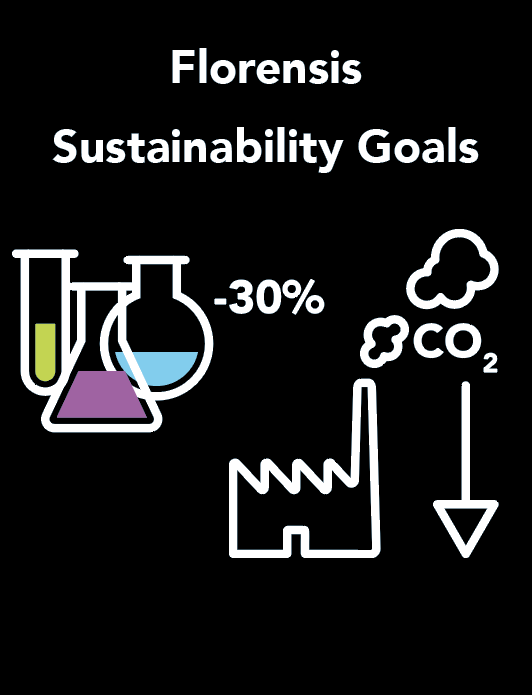
What are our goals?
As Florensis, we have formulated two concrete sustainability goals for the period 2020-2025:
-(further) reducing the use of chemical crop protectants by 30 percent
-reducing CO2 emissions by 2025
And to become more sustainable, our practical approach is based on contributing to six selected United Nations Sustainable Development Goals (SDGs). We realize that we can and must do better. Therefore, at each of our production locations worldwide, we are working hard to achieve our sustainability goals by using innovation, cooperating with other organisations and joining sustainability initiatives.
Some of our actions in 2021 have led to concrete results.
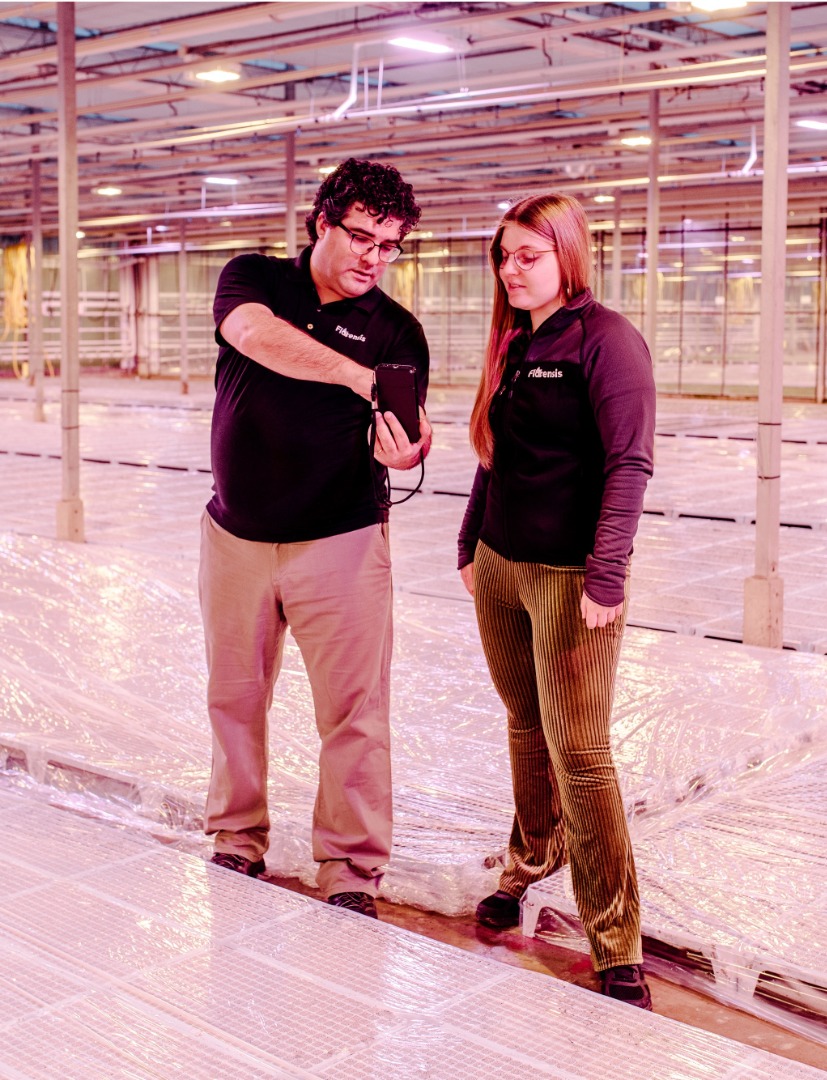
100% LED lights
At our young plants production location in Hendrik-Ido-Ambacht (NL) we invested this year in 100% LED assimilation lights in one of our greenhouse departments and replaced all SON-T lights into LED. With this we consume 25-45% less energy. LED has proven to give the perfect spectrum to grow compact young plants. In our other greenhouse departments we have a hybrid system, combining SON-T with LED lights. Even though the heat production of SON-T lamps in winter is a small advantage, we will replace the lights in these departments in the coming years as well and continue making the step to a more sustainable future of growing young plants.
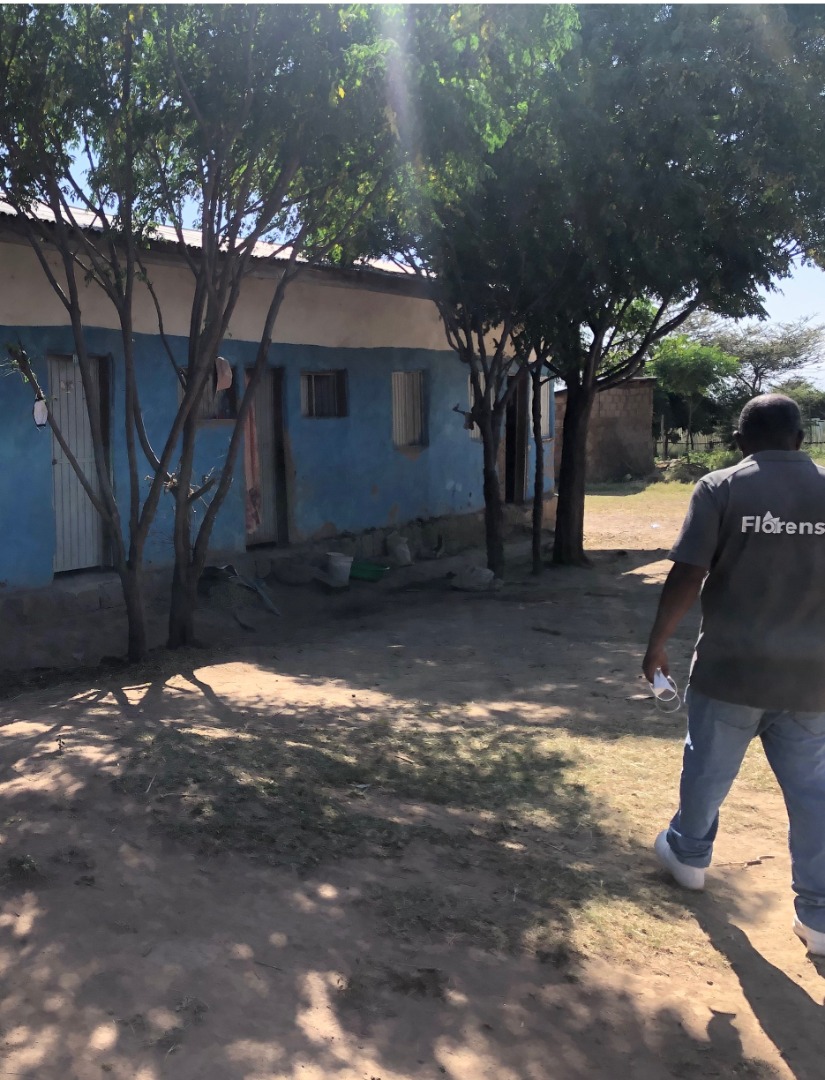
Continuity in education
SDG 4 ‘Quality education’ is one of the SDG’s we want to contribute to. To give the youth the possibility to go to school without having to travel too much, we invest a lot in the schools around our cuttings production locations. In the village Ejersa, close to Florensis, Abyssinia, we just finished building 2 extra classrooms at the Ejersa primary school. This is an addition to the 2 classrooms that we built in 2020 for this school.
Before this, only the kids of school year 1 to 4 were going to this school. When kids started year 5 they had to go to another school, walking about 3 to 4 km. Of course, many children could not do this and were not able to continue their education. With the 4 new classrooms kids up to grade 7 can now stay at the Ejersa primary school.
Tackle plastics waste
Unfortunately, plastic pollution is one of the most pressing environmental issues facing our planet. Therefore, we are very pleased to inform you that Florensis Kenya has become member of the @KPlasticspact.
General Manager Eddy Verbeek proudly states, “We are excited to be part of a national initiative that focuses on addressing the barriers to circularity in the plastic packaging sector through public-private collaborations and uniting the sector behind an ambitious set of targets adapted to the local reality.”
Plastic waste and pollution have captured our attention, as published data shows that only 8% of plastic in Kenya is recycled today, with the remainder being landfilled or incinerated – or in the worst-case scenario, ending up in the environment. To address this issue at its source, we see the need to fundamentally rethink the way we design, use and reuse plastics, and move to a circular economy that keeps plastics in use and out of the environment.
This new initiative was launched on the 7th of October in Kenya and we have signed up to a joint set of ambitious 2030 targets that are aligned to our organization's goals on sustainability. Progress will be monitored and publicly reported every year.
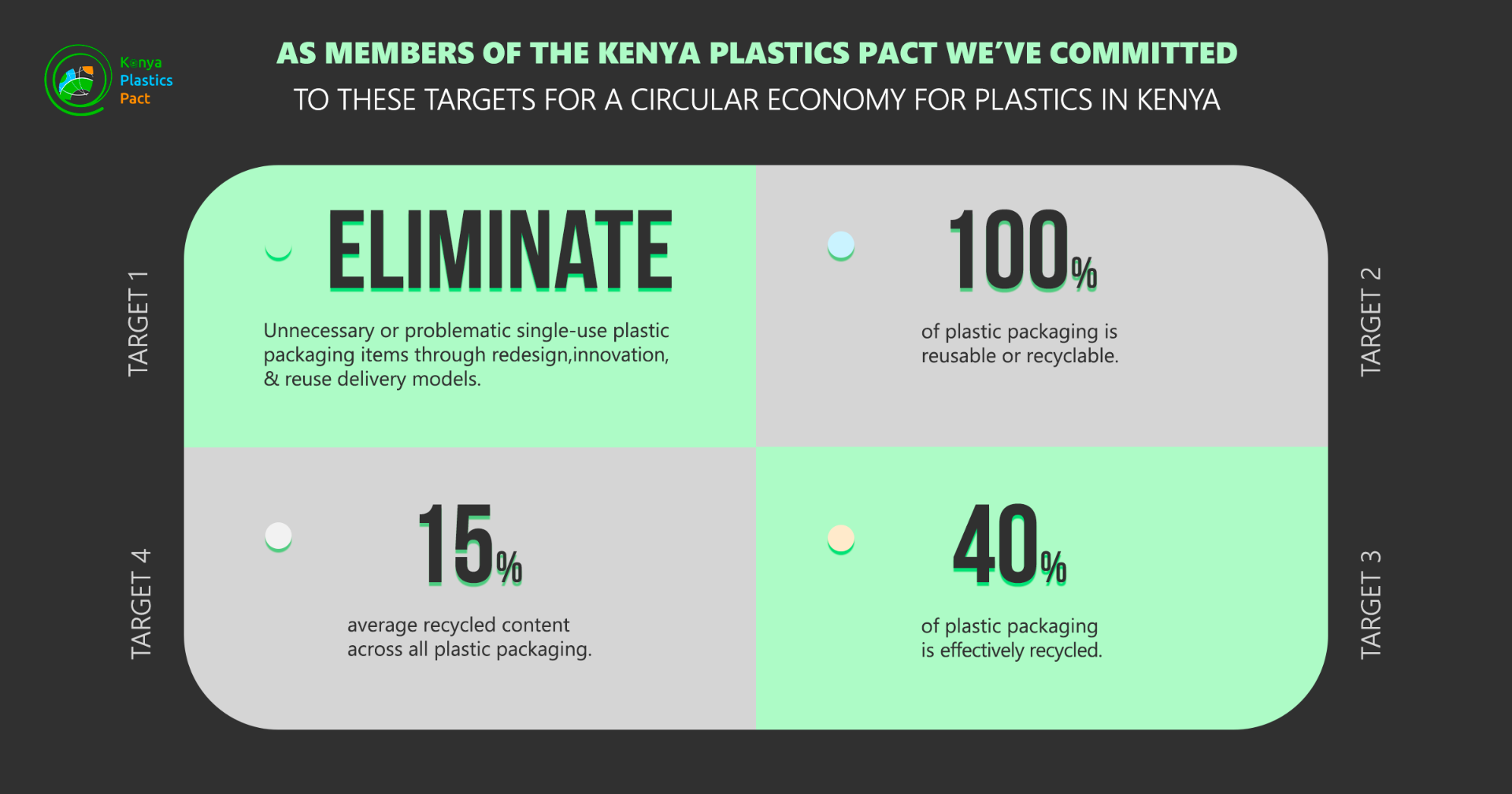
Latest news
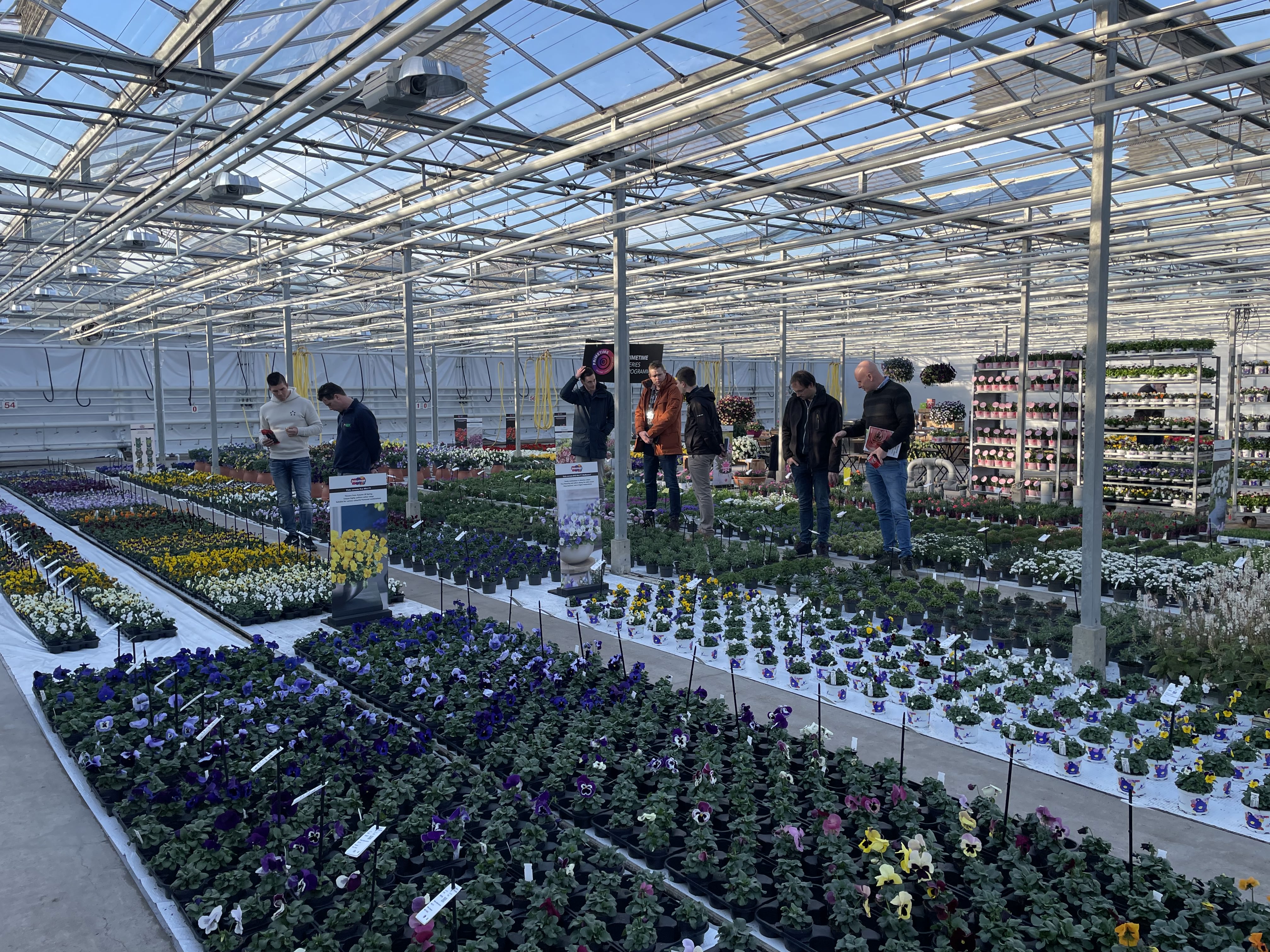
Visit our Spring Show 2024
After 2 years of development, we proudly present our latest value-added products within the market for biennials and spring-flowering perennials.
Read more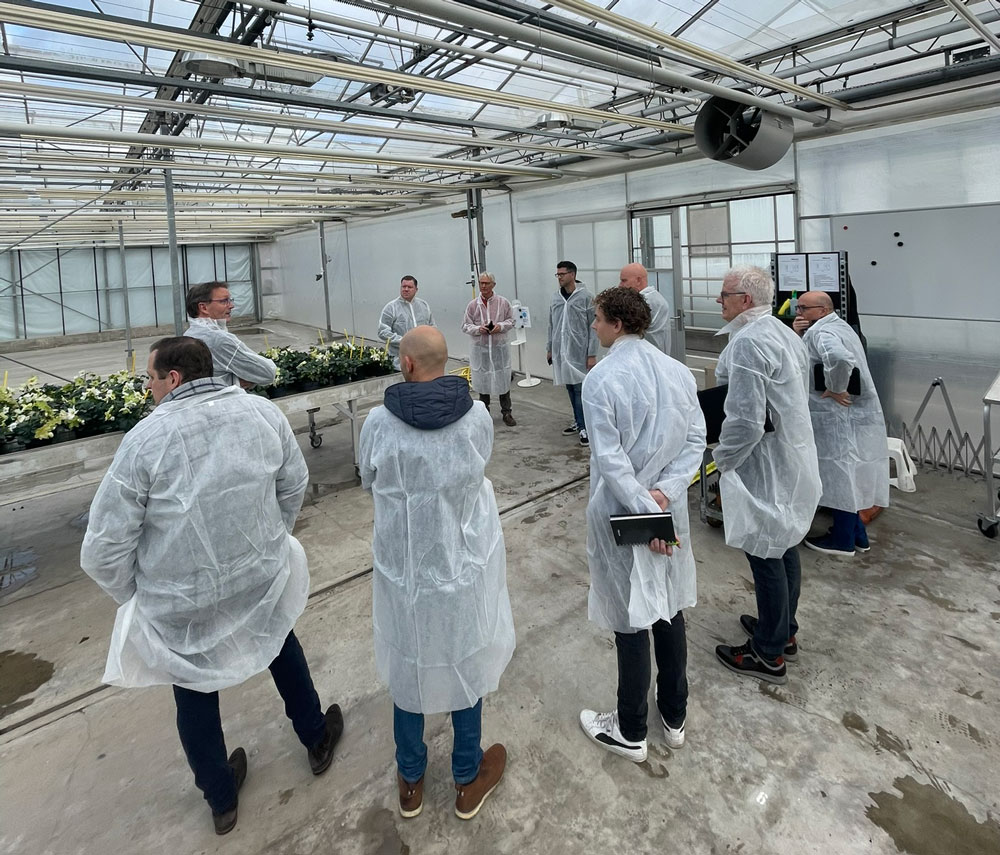
Helleborus Advent Star Event
Along with our top 10 Helleborus customers, we set up a trial to gain even more insight into the qualities of our Advent Star.
Read more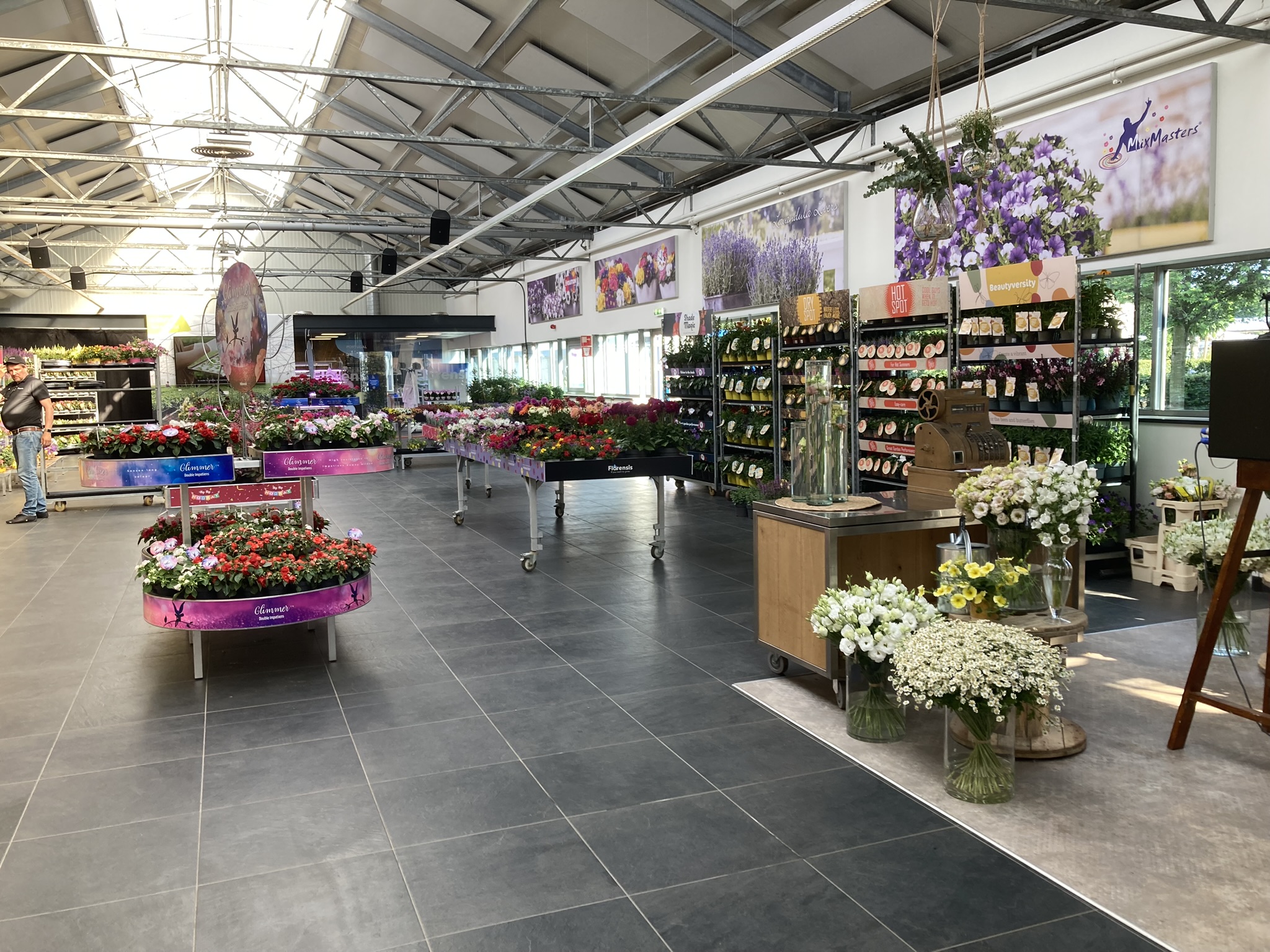
These Retail Solutions will help you take the next step in a sustainable assortment.
As growers and retailers, your want to offer customers gardening solutions that are both convenient and ecologically conscious.
Read more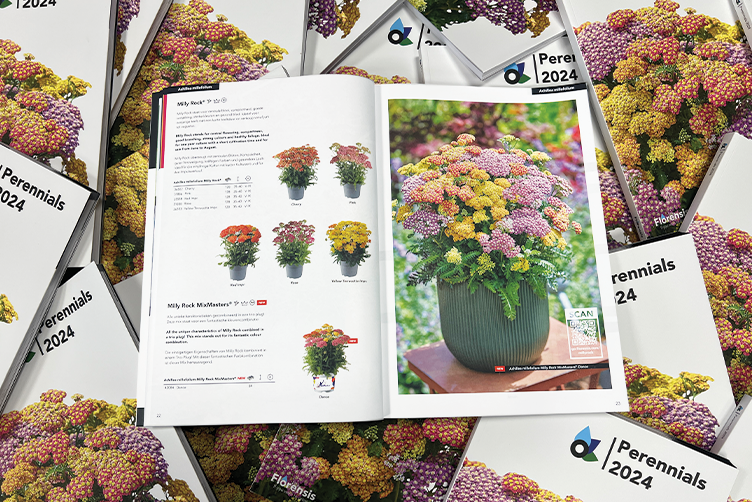
Check the Retail Solutions in our new Perennials Catalogue.
As with the Annuals catalogue, we thought about the environment with the Perennials catalogue by reducing the number of pages.
Read more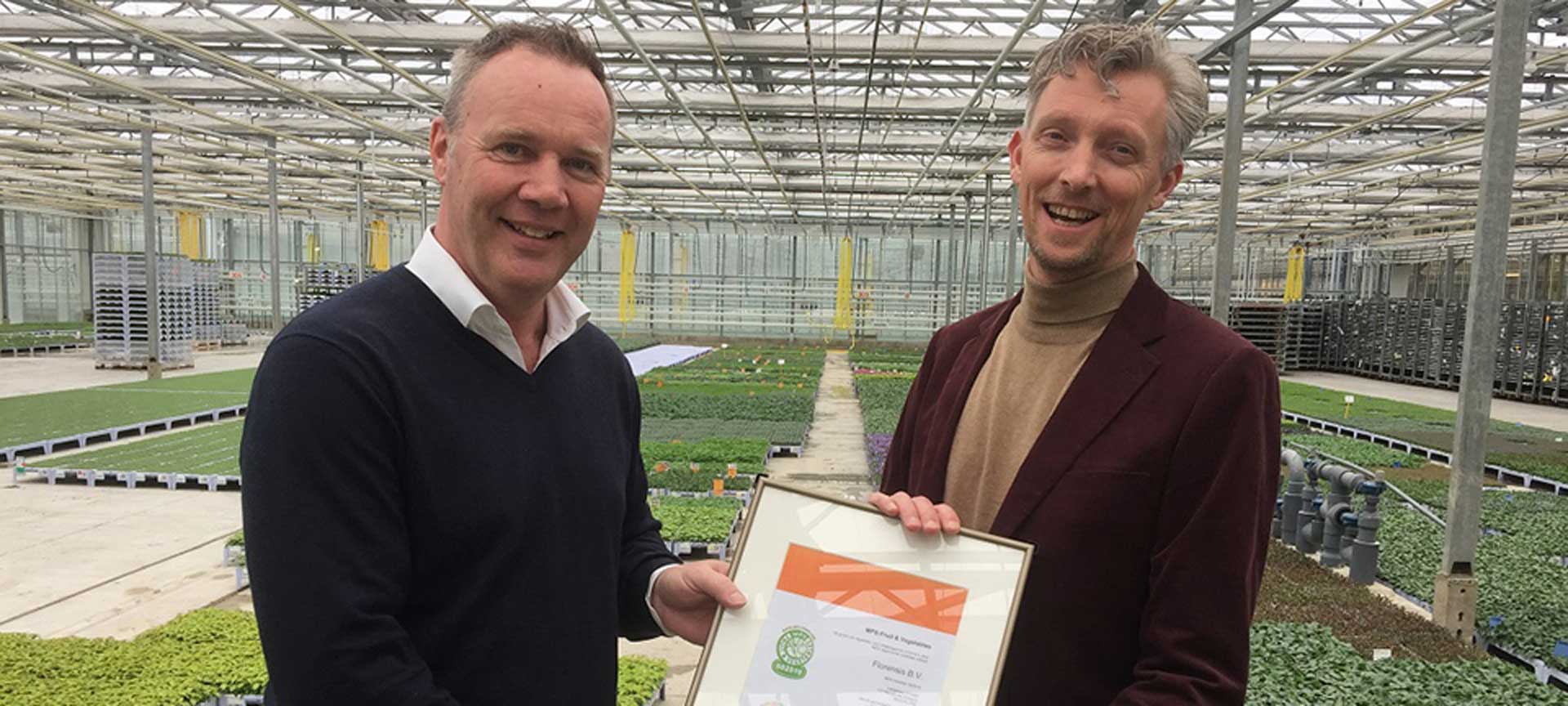
Why certifications and CO2 calculations can benefit you
As a customer, you want to know where your plants come from and how they are grown. Hans Goudswaard, responsible for Quality Assurance, considers transparency very important.
Read more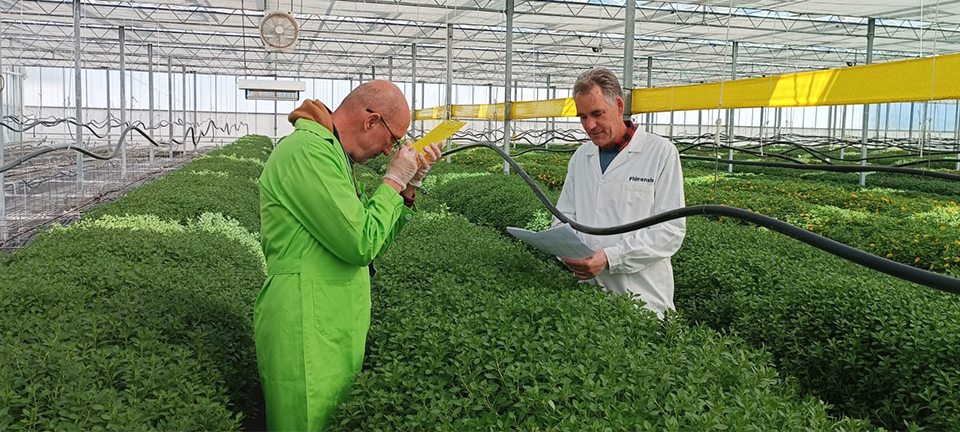
Sustainability under the Portuguese sun
Meet Jan-Willem van der Meijden, the Cultivation Specialist at Florensis. He started his career at Florensis Ethiopia (FET) in 2011 and later moved to Florensis Portugal in 2016. Being responsible for...
Read more